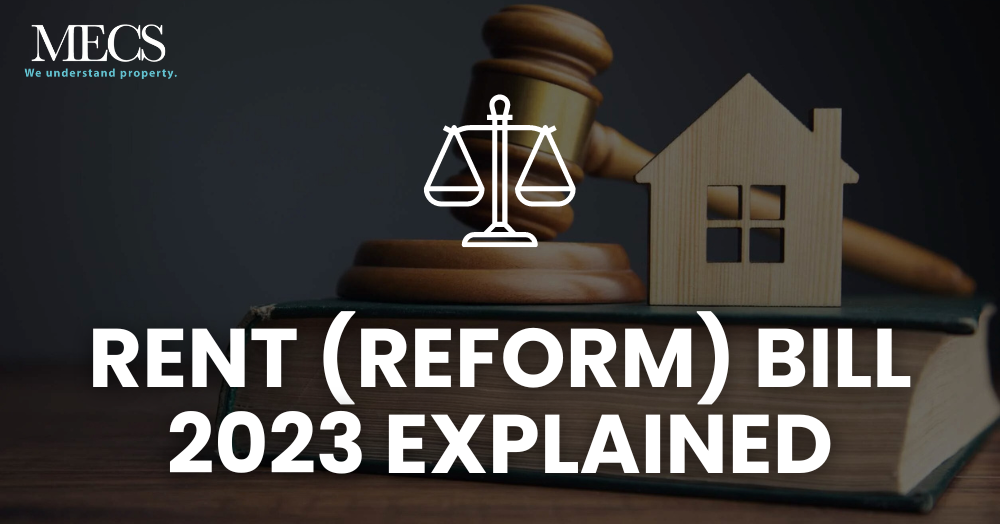The private rented sector in England is set to undergo a significant transformation with the introduction of the Renters (Reform) Bill 2023. This groundbreaking legislation aims to address the challenges and concerns faced by both tenants and landlords in the rental market.
Strengthening Tenant Rights
One of the central objectives of the Renters (Reform) Bill 2023 is to bolster tenant rights. The bill proposes several measures to provide tenants with greater security and stability in their rental arrangements:
A. Abolition of Section 21:
The notorious Section 21 "no-fault" evictions will be scrapped under this bill. This means that landlords will no longer be able to evict tenants without providing a valid reason, offering tenants more protection against arbitrary eviction.
B. Lifetime Deposits:
Tenants will no longer have to worry about shelling out hefty deposits when moving from one property to another. Instead, a "lifetime deposit" system will be introduced, allowing tenants to carry their deposit with them when they move, reducing the financial burden.
C. Rent Control:
The bill will grant local authorities the power to implement rent control measures, helping to curb excessive rent increases and making housing more affordable for tenants.
Improving Property Standards
The Renters (Reform) Bill 2023 also focuses on raising property standards to ensure that rented homes are safe and habitable:
A. Mandatory Minimum Standards:
Landlords will be obligated to maintain a minimum standard of quality and safety in their properties. This includes addressing issues related to heating, insulation, electrical safety, and dampness.
B. Regular Inspections:
The bill introduces regular inspections to ensure that rented properties meet these minimum standards. Landlords who fail to comply may face penalties.
Strengthening Landlord Responsibilities
Landlords will also see changes in their responsibilities under the Renters (Reform) Bill 2023:
A. Right to Rent Checks:
The bill will standardise Right to Rent checks to prevent discrimination against prospective tenants based on their nationality or immigration status.
B. Redress Scheme:
A new redress scheme will be established to resolve disputes between tenants and landlords more efficiently.
Support for Local Authorities
The Renters (Reform) Bill 2023 recognises the vital role of local authorities in ensuring the successful implementation of these reforms:
A. Funding for Enforcement:
Additional funding will be provided to local authorities to strengthen their capacity to enforce the new regulations effectively.
B. Data Sharing:
Improved data sharing between agencies and local authorities will help identify rogue landlords and enforce compliance.
Conclusion
The Renters (Reform) Bill 2023 represents a significant step towards creating a fairer and more transparent private rented sector in England. By enhancing tenant rights, improving property standards, and holding landlords accountable, this legislation aims to strike a better balance between the interests of renters and property owners.
As the Renters (Reform) Bill 2023 makes its way through the legislative process, it is important for all stakeholders, including tenants, landlords, and local authorities, to stay informed and engaged in the discussion. This bill has the potential to reshape the rental market in England, promoting a more equitable and secure environment for everyone involved. Still unsure about how this will affect you? Get in contact with us today!
0121 681 6327
info@mecsproperty.co.uk

